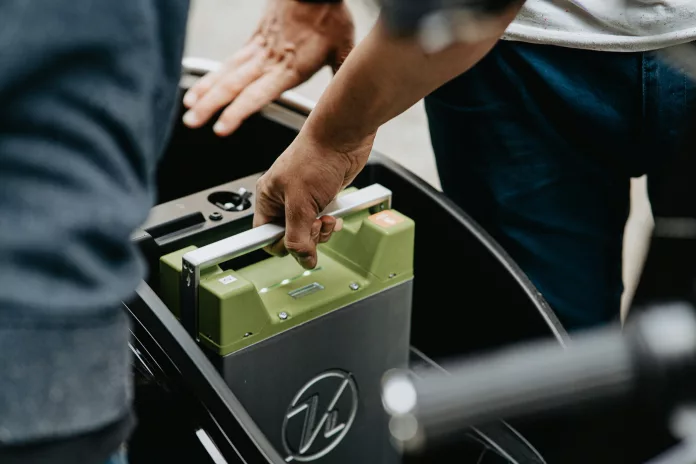The pursuit of sustainable electric vehicles (EVs) involves more than just the production of the cars themselves; it encompasses the entire lifecycle of the batteries that power them. The narrative that electric car batteries are environmentally taxing due to their raw material requirements overlooks the broader picture, which includes the potential for significant material recovery through recycling.
Presently, a paradigm shift is underway in Nevada, where Redwood Materials has embarked on large-scale lithium-ion battery recycling. Founded by JB Straubel, former Tesla CTO, this company is setting out to challenge misconceptions by demonstrating the feasibility of recycling automotive batteries efficiently.
The Sustainable Cycle of U.S. Battery Production
Recyclers like Redwood Materials are up against the task of keeping pace with vehicle production. Considering Tesla’s Fremont factory alone produced 560,000 EVs last year, the potential material recovery from spent batteries could vastly exceed current U.S. recycling capabilities. With enough capacity, U.S. recyclers could rival both traditional mining and overseas battery material suppliers, primarily based in China.
“Flipping the entire vehicle fleet to electric, and recycling the embedded minerals, we’d only need to replace a few percent annually lost in the process,” explains Colin Campbell, Redwood’s CTO. “It will become clear that mining these materials is nonsensical.”
For Straubel, creating a domestic cycle for critical metals is vital to counter China’s dominance in battery materials. It’s about creating a precedent in the industry for EVs and sustainability, reminiscent of his early days at Tesla.
Innovations in Battery Recycling
Battery recycling methods vary and come with trade-offs—incineration, chemical dissolution, or mechanical separation. Many U.S. recyclers have resorted to grinding up batteries and sending them abroad for processing. Yet Redwood is crafting its approach by selecting the most beneficial practices from each method, using a giant metal tunnel, known as “RC1,” which functions like a slow cooker, baking the batteries at lower temperatures without combustion to avoid emissions and energy usage.
RC1’s unique process simplifies the breakdown of batteries into reusable materials while minimizing the environmental impact, even adapting techniques used in biochar production. The subsequent stages involve mechanical and chemical separation techniques to reclaim the essential elements from the batteries.
Redwood’s Continuous Invention Process
The process of recycling batteries is under constant development. With a team comprising former Tesla engineers, Redwood Materials is refining its operations for better speed and eco-efficiency. This has drawn attention from academic researchers at Stanford, who’ve been watching the evolving process, revealing substantial cuts in CO2 emissions compared to conventional recycling methods.
The Manufacturing of Batteries in America
Understanding battery manufacturing is crucial—it’s a complex affair, where precision is paramount. Two key components, anodes and cathodes, are almost entirely produced in Asia. However, Redwood is initiating production of these components stateside—setting up copper foil and cathode production lines, hoping to supply materials for American-made EV batteries.
The cathode’s formulation is critical for battery performance and environmental footprint. Redwood is working closely with manufacturers to refine this component, despite investments being high-risk and high-reward.
Challenges and the Future for Redwood Materials
China’s progress in EV prioritization means the U.S. has considerable catching up to do. Redwood’s leadership by Straubel is pivotal for credibility and attracting investments. While his vision propels the company forward, the understanding is clear: one recycler is not enough to overhaul the U.S. EV supply chain.
Redwood Materials is redefining what’s possible in battery recycling, with a recovery rate of 95% for the materials used in EV batteries. As the mobility sector progresses, recycling will serve as an essential element in making personal transportation environmentally tenable.

























